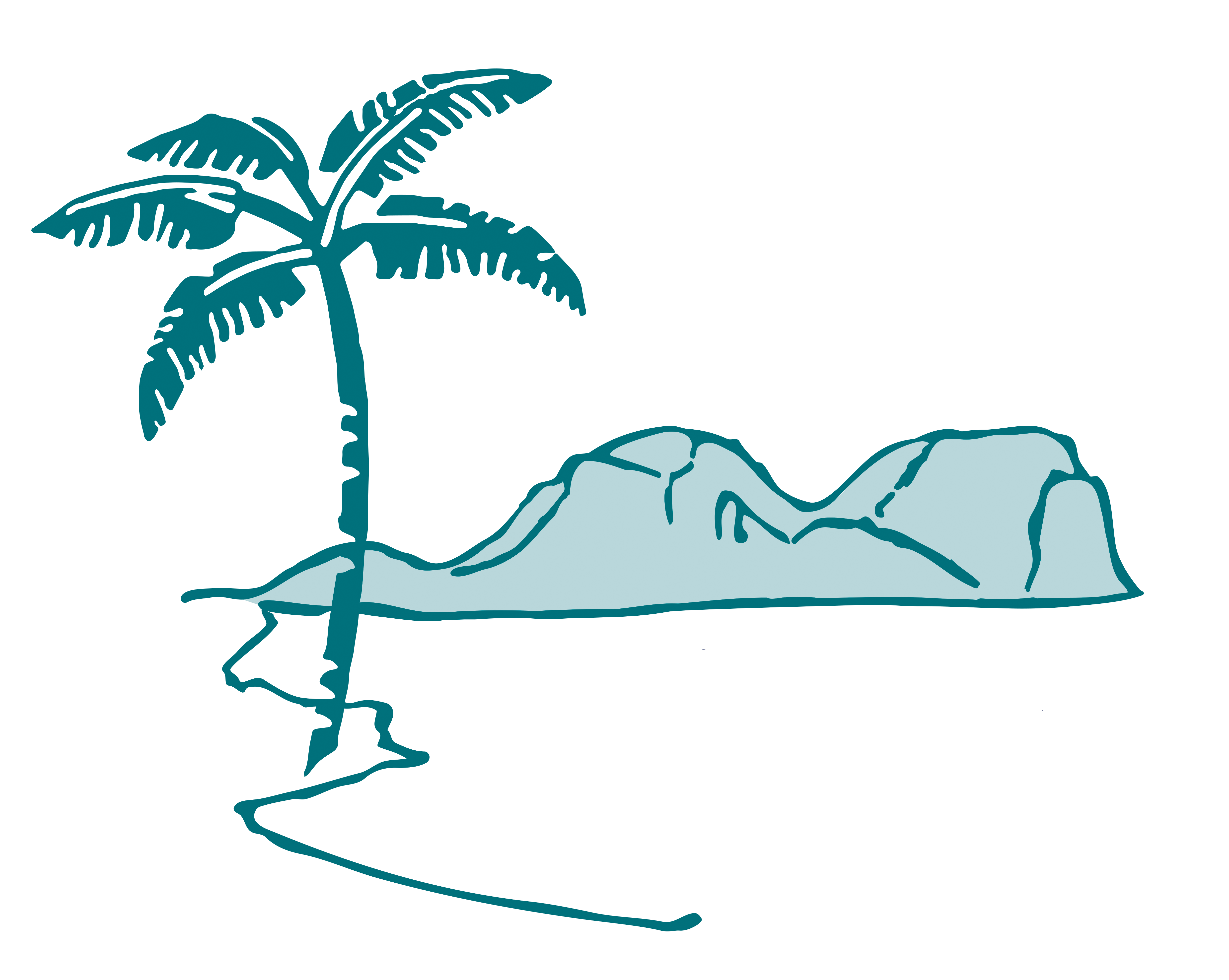The Lord Howe Island Board advises that the Permanent Park Preserve (PPP) is temporarily closed to all non-essential visitors, effective immediately.
This unfortunately means tourists, with or without authorised guides, researchers, residents and house-guests may not enter the PPP, whether via recognised access points, bush tracks or boat.
Status
As our community is aware, Myrtle Rust was discovered on the Island on February 3, 2023. Despite rapid response and treatment, infected sites have been identified in three additional locations during settlement wide sweeps that have been occurring weekly. Two of these sites are around 230m from the PPP boundary.
Why now?
Efforts to date have concentrated on minimising spore load and spread through curative and preventative spraying. Myrtle Rust spore is HIGHLY TRANSFERABLE and can be spread on clothing, skin, hair, footwear, and equipment. Due to the escalating risk, closure of the PPP is being implemented to prevent spread by human activity. We recognise that this is not the only way spore can be spread, but it is one way that we can control for. Park closure will also allow for more intensive planning, assessment and structured surveys.
Timeframe
Closure of the park will be assessed weekly. Extra human and other resources are being provided by the LHIB and the Environment and Heritage Group of DPE to assist with implementing treatments, managing transmission risks, and building knowledge around the impact of the rust on the island’s ecological communities. The closure will be in place until there is confidence that the necessary hygiene practices can be implemented consistently and effectively and that there are resources in place to enforce this, and support a managed level of visitation.
What can I do to help?
LHIB is asking for the support of the entire community towards the goal of eradication, which at this stage is still possible. Lodges, restaurants, shops and other points of interaction with tourists are encouraged to communicate with guests about the PPP closure, and the impacts of myrtle rust that could potentially devastate our Island’s ecosystems. The Board will distribute information to support this communication.
Potential Impacts if not eradicated
The impact of myrtle rust on the island’s terrestrial ecosystems is of great concern. The endemic Myrtaceous species that are dominant in many of the plant communities on LHI are very susceptible to the pathogen. Most notably, the fungus may impact the island’s iconic plants including (but not limited to) the Mountain Rose and Scaly Bark trees, and the Gnarled Mossy Cloud Forest, which is a Critically Endangered Ecological Community. The rust has the potential to change the way our mountains and forest look, it may alter food webs and ecology, and potentially affect world heritage values, including the visitor experience and economy associated with those values.
About Myrtle Rust
Myrtle rust is a serious plant disease that affects plants belonging to the Myrtaceae family. The fungus impacts plant foliage, in particular flower buds and new growth, preventing the plant’s capacity to photosynthesize causing plant decline or death. It can also cause dieback or death of seedling plants.
The disease is highly infectious as it produces thousands of spores that remain viable for up to 3 months and are readily spread by wind, rain splash, human activity and animals. It may not be observed for some weeks following infection.
I appreciate that this closure affects everyone. I thank you for your support and understanding as we take all necessary care in managing this formidable threat.
The LHIB is offering an information session on myrtle rust to community and visitors this Thursday at the community hall 5 – 6pm. The session will be attended by visiting experts.
To report a sighting of potential Myrtle Rust, or for general enquires please continue to email [email protected]
Suzie Christensen
Chief Executive Officer
Date: 14 March 2023
